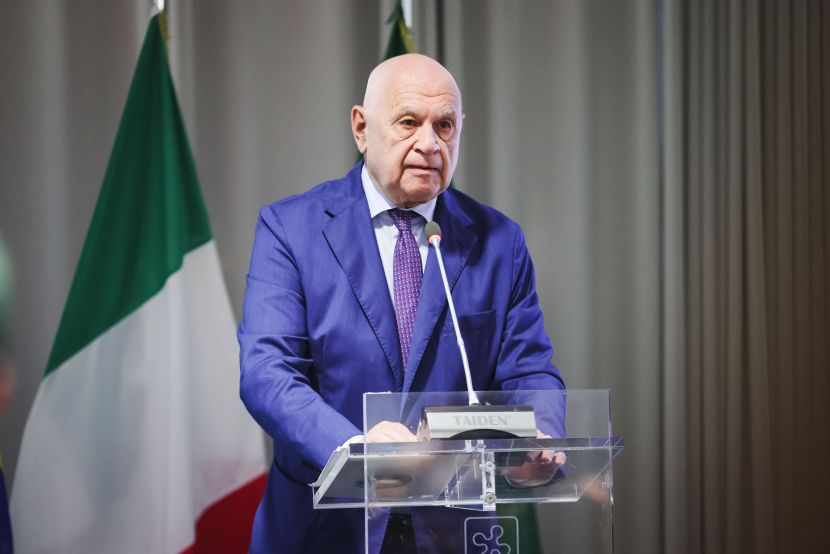ROME (ITALPRESS) – “Constitutional reform is a reform that has a technical origin. When the so-called accusatory penal system was introduced, the whole constitutional structure that should have accompanied such a revolutionary system was not touched, sooner or later it had to be touched. That Constitution, which was fine with a process paradoxically signed by Alfredo Rocco, Benito Mussolini and Victor Emmanuel III, and which lasted until 1988, was no longer fine after the introduction of a completely incompatible or partially incompatible process.” Thus Justice Minister Carlo Nordio, speaking at a conference organized by the University of Rome Tor Vergata on constitutional reform on the judicial system and the Superior Council of the Judiciary.
“There is no offense of lese majesty, much less an impairment of the independence and autonomy of the judiciary in judging and prosecuting. It is written very clearly in the constitutional reform. Any process of intentions, that – underneath – it is intended to eventually change that too, is nothing more than a divinatory artifice, somewhat fanciful. Because one has to read into the reform of the Constitution what is not only not there in the reform, but is written in very clear letters. And here again let me make a personal reference, does it seem to you that a person who has been a prosecutor for 40 years precisely to be free and independent would want a prosecutor subject to the executive power. It’s already written, it will never happen, it will not happen ‘in my name,’ not in the name of this constitutional reform,” concluded the guardasigilli.
-Photo: Ipa Agency-
(ITALPRESS).

